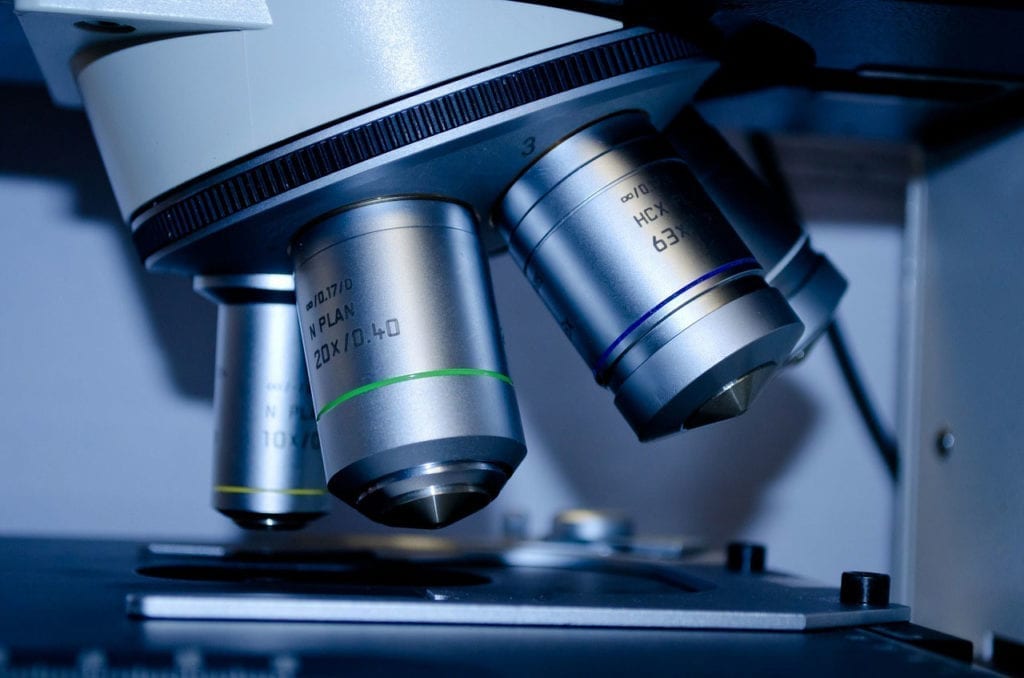An American triathlete, Jon Blais, received a diagnosis of amyotrophic lateral sclerosis (ALS) in 2005 when he was 33 years old. The disease is incurable. Jon was told he had under five years left to live.
Jon decided to go forward with whatever time he had left and would give ALS a “run for the money.” He entered the annual Ironman World Championship that was scheduled to be held in Hawaii. Within six months after receiving the diagnosis, Jon was the only runner with ALS to cross that finish line.
One year later, Jon was confined to a wheelchair, and the year after that, the disease claimed his life.
ALS does not deliver happy endings. Professor Dieter Edbauer, a cell biological specialist at the German Neurodegenerative Center, (DZNE) told Horizon Magazine that currently, available drugs to treat ALS extend a person’s life by only a few months at best.
Life expectancy for ALS is generally two to five years which, as the Professor points out, is much worse than most cancers. The first signs are spasms and twitching with weakness in a leg or arm. ALS affects people between the ages of 40 and 70. It averages two people for every 100,000 in the world every year.
EU Funding for a Research Project
Professor Edbauer is in charge of a new research project that started in 2022 and is scheduled to run through 2025. The project received funding from the EU to develop a vaccine that is effective against GA-VAX, one of the most common genetic variants.
Recently, a Dutch vaccine manufacturing and development company, Intravacc, has been working with DZNE. The company partners with organizations throughout the world, having a goal of creating therapeutic and preventive breakthroughs.
Professor Edbauer began his medical career as a student working with cancer vaccines. He directed his attention towards the biology of ALS and a genetic disease called fragile X syndrome, which mostly results in intellectual disability.
About ten years ago the Professor began working on ALS after US scientists discovered a gene mutation called C9-ALS (previously C9orf72). If one copy of the gene is mutated it can lead to ALS.
When a small area of the DNA for C9orf72 is repeated many times, it creates a mutation. Professor Edbauer found this repeat expansion to cause toxic proteins, leading to neuron degeneration.
He believed that C9orf72 could be aggregated (translated) into a collection of proteins. Translation is the process whereby a cell creates proteins by following the genetic information in messenger RNA.
Professor Edbauer created antibodies that act against repeat proteins. He commented that the team was stunned when they began to label mysterious aggregates they found in the spinal cord and brain of patients who harbor C9-ALS. The Professor found that antibodies were inhibiting the toxic effects of the repeat proteins. He realized that his previous work on vaccines for cancer might also be applied to ALS.
Hope and Potential
Professor Edbauer is currently working on a vaccine to assist the immune system in the production of antibodies that act against poly-GA the most disruptive repeat proteins. This vaccine may slow ALS progression in patients with the mutation as the prototype performed in mice. The vaccine dose and formulation has yet to be refined. When efficacy data is complete the team may request approval to offer clinical trials, possibly by 2026. The vaccine approval may be possible within a decade.








